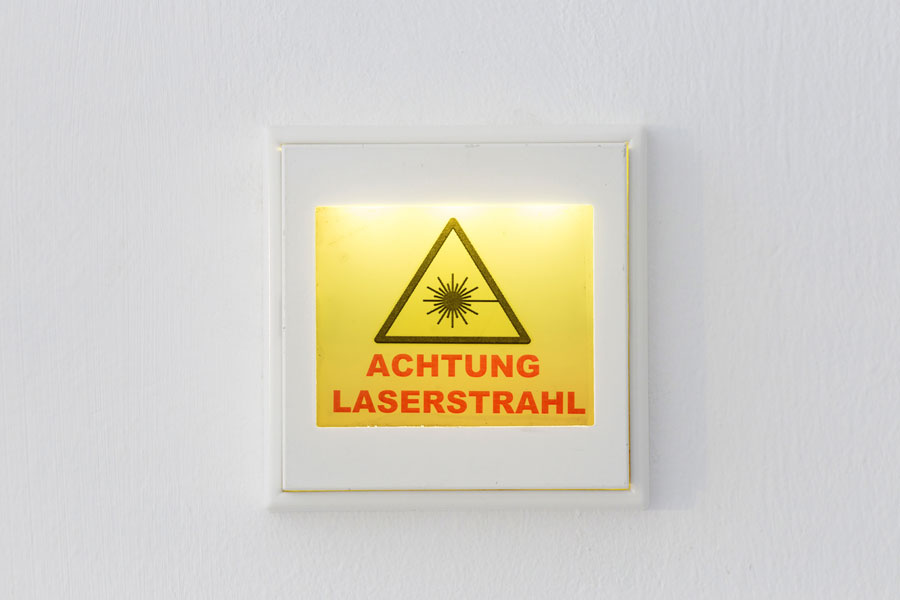Laser

Laser
With the latest laser technology, it is possible to perform very high precision laser procedures for a variety of eye diseases. The eye is not surgically opened as in an operation, but it is treated with an optical therapy system (laser beam). This is extremely effective and the risks are low. For example, with certain types of high eye pressure (closed angle glaucoma), you can use a laser to make a small hole in the iris (iridotomy), which lowers the eye pressure quickly and permanently. Laser trabeculoplasty can be used to improve the long term prognosis for chronic forms of glaucoma (e.g. pseudoexfoliation glaucoma, a dangerous disease).
If a secondary cataract develops, it is treated with a YAG laser procedure (capsulotomy). This is painless and takes only a few minutes. It brings about an immediate and permanent improvement in vision.
For some diseases of the retina, laser therapy is absolutely essential to stabilize or improve visual function. Lasers are used both in acute emergency situations, such as a retinal hole, to prevent retinal detachment, and in chronic diseases, such as diabetes mellitus, to treat the consequences of vascular occlusion (proliferative retinopathy). We carry out these laser procedures in our practice.

With the latest laser technology, it is possible to perform very high precision laser procedures for a variety of eye diseases. The eye is not surgically opened as in an operation, but it is treated with an optical therapy system (laser beam). This is extremely effective and the risks are low. For example, with certain types of high eye pressure (closed angle glaucoma), you can use a laser to make a small hole in the iris (iridotomy), which lowers the eye pressure quickly and permanently. Laser trabeculoplasty can be used to improve the long term prognosis for chronic forms of glaucoma (e.g. pseudoexfoliation glaucoma, a dangerous disease).
If a secondary cataract develops, it is treated with a YAG laser procedure (capsulotomy). This is painless and takes only a few minutes. It brings about an immediate and permanent improvement in vision.
For some diseases of the retina, laser therapy is absolutely essential to stabilize or improve visual function. Lasers are used both in acute emergency situations, such as a retinal hole, to prevent retinal detachment, and in chronic diseases, such as diabetes mellitus, to treat the consequences of vascular occlusion (proliferative retinopathy). We carry out these laser procedures in our practice.

